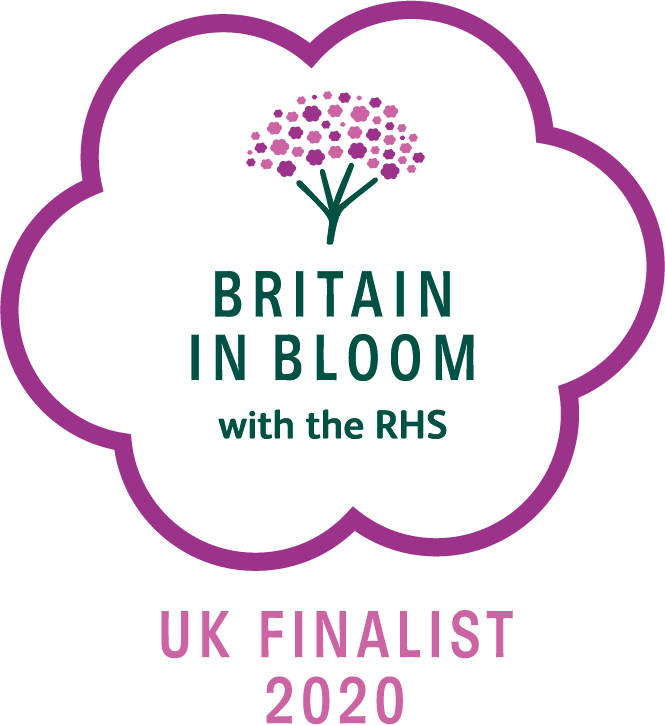Turner Contemporary today releases new research findings that indicates cultural tourists have a higher propensity to stay longer when visiting the county than other leisure tourists.
The research follows the end of a three-year cultural tourism project, Culture Kent, led by the gallery and funded by Arts Council England’s and VisitEngland’s £3 million Cultural Destinations programme.
Culture Kent sought to reposition Kent as one of the UK’s creative counties, through a series of pilot events and artworks in key destinations: Margate, Folkestone, Canterbury, Whitstable, Medway and Dover. Turner Contemporary worked with Kent’s tourism body Visit Kent to bring cultural organisations and tourism businesses together to create new ways of attracting and engaging tourists.
A key element of the project involved the commissioning of an in-depth research programme, part of which examined the perceptions, motivations, experiences and demographics of ‘cultural tourists’ to Kent.
Cultural tourists are those visitors who are primarily motivated to visit a destination because of its cultural offer, and visitors who participate in the cultural activity of a place, even if it is not the prime reason for visiting.
Canterbury Christ Church University (Tourism and Events Research Hub) and Visit Kent were commissioned to undertake the research for a two-year period from 2015 – 2017, the first time such research has been carried out in the county.
The consumer research surveyed the behaviour and perceptions of three different groups of domestic tourists: existing Kent cultural tourists, potential cultural tourists and existing Kent leisure tourists.
The research has found that:
● A higher proportion of existing Kent cultural tourists went on short breaks (51%) and mid-length holidays (21%) than existing Kent leisure tourists (43% and 14% respectively). Cultural tourists’ tendency to spend longer in Kent supports the need to actively engage in promoting the cultural tourism offer further.
● 54% of those surveyed associate Kent as a cultural destination (above the VisitEngland average of 35% for Great Britain)
● Cultural tourists also value destinations with an attractive natural setting.
● Cultural trips are extremely diverse, and are increasingly about authentic experiences across multiple sites and businesses in one destination, all of which help visitors to understand and experience the place, its people and its culture.
The research has also newly defined what a ‘cultural destination’ is:
“The cultural destination is a networked space delivering a total experience to visitors that helps them understand a location and its people, through history and contemporary culture.”
Culture is regarded as a key driver for tourism, with World Tourism Organisation (UNWTO) figures estimating 37% of world travel is undertaken by ‘cultural tourists’. Cultural tourism has maintained its upward trend in the face of economic austerity, particularly seen along the South East of England’s Creative Coast.
Declining coastal areas have experienced a renaissance, with economic investment in culture increasing tourism, both domestic and inbound, to the South East, such as Turner Contemporary in Margate, Folkestone Triennial and Whitstable Biennale.
Turner Contemporary has spearheaded the regeneration of Margate, welcoming over 2.5 million visits since it opened in 2011 and contributing over £58 million into the local economy through tourism and inward investment.
Director of Turner Contemporary, Victoria Pomery OBE said:
“The new research undertaken via the Culture Kent project has shown us that the arts can drive and sustain economic and social change by attracting cultural tourists. From this insight, we plan to create more meaningful, relevant experiences for visitors and the local community. We are very excited to be using this knowledge to further our impact, and deliver Culture Coasting – an ambitious project, which will include new artistic commissions and benefit the whole of the Creative Coast in the South East.”
Project Director Culture Kent Sarah Dance said:
“The Culture Kent Project gave us important new insight into cultural tourism to the county. This new research allows us to understand our audiences better, meaning we are now able to deliver a real step-change in the visitor economy. We know that in order to become a really successful ‘cultural destination’ we need to be a networked area, delivering a total experience to visitors that helps them understand a location and its people, through history and contemporary culture. Culture Coasting will take forward this knowledge to create a new and exciting connected experience for visitors to the South East coast region.”
Director, Tourism and Events Research Hub at Canterbury Christ Church University Dr Karen Thomas said:
“The findings from the Culture Kent research programme show that the time is right for increased cross-sectoral working, with key drivers converging to support the move to more collaborative work between tourism and culture/the arts. Culture Kent created an effective enabling environment for this, unlocking new possibilities for the sectors to work together. This research is important to the legacy of Culture Kent, providing an enhanced understanding of the cultural tourism landscape together with organisational and consumer perspectives on cultural tourism.”
This significant new research informs an ambitious new project led by Turner Contemporary and Visit Kent, Culture Coasting.
A pioneering new cultural trail will be created, combining original new artworks by leading contemporary artists with geocaching treasure trail technology to offer visitors a unique new experience. The three-year project is funded by Arts Council England’s Cultural Destinations programme and VisitEngland’s Discover England Fund and will create a step-change in the visitor economy, increasing tourists to the South East by 2020.
Turner Contemporary will work with partners across the South East coast from Eastbourne to the Thames Estuary: Towner Art Gallery, De La Warr Pavilion, Jerwood Gallery, Creative Foundation, Whitstable Biennale and Metal, to create the trail.
The project has also secured significant investment from the South East Local Enterprise Partnership (SELEP), East Sussex County Council and Kent County Council.
Culture Coasting will demonstrate how new initiatives and a networked cultural destination can increase tourism across a region.
For more information please email: press@turnercontemporary.org











